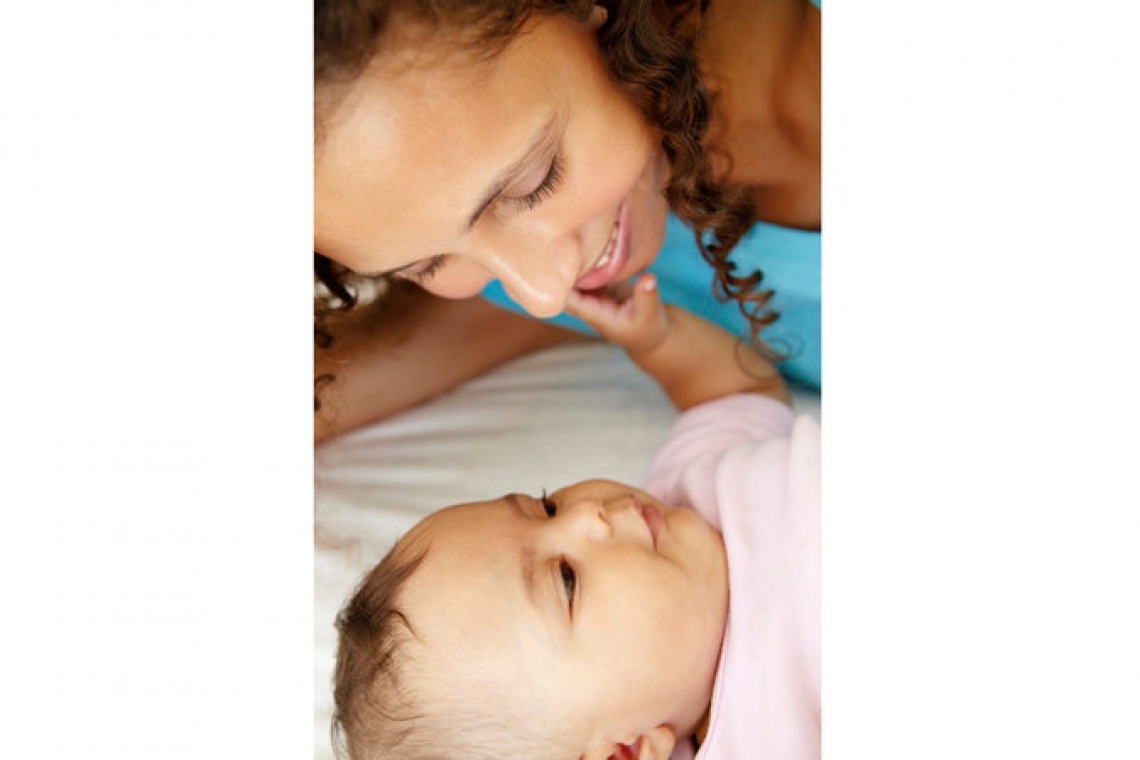~ Pregnancy, childbirth and breastfeeding ~
These are uncertain times for everyone, but uncertainty weighs extra heavy when it comes to little ones with underdeveloped immune systems, whose wellbeing depends squarely on you. As close contact is a must, what about childbirth and breastfeeding? How can parents with COVID-19 care for their babies?
The following information was issued by the World Health Organization (WHO). Misinformation on the new coronavirus COVID-19 runs rampant, especially through social media, so always consult reliable sources such as WHO, local government announcements, Pan American Health Organization (PAHO) and Centers for Disease Control and Prevention (CDC). Some remedies being shared through unofficial sources provide a false sense of security, promote unnecessary panic, or can actively hurt you.
First and foremost, pregnant women should take the same precautions as everyone else: wash your hands frequently, avoid touching your face, cover coughs and sneezes, and if you have any symptoms, seek help early.
Can COVID-19 be passed from a woman to her unborn or new-born baby?
We still do not know if a pregnant woman with COVID-19 can pass the virus to her foetus or baby during pregnancy or delivery. To date, the virus has not been found in samples of amniotic fluid or breastmilk.
Do pregnant women with suspected or confirmed COVID-19 need to give birth by caesarean section?
No. WHO’s advice is that caesarean sections should only be performed when medically justified. The mode of birth should be individualized and based on a woman’s preferences alongside obstetric indications.
Can women with COVID-19 breastfeed?
Yes. Women with COVID-19 can breastfeed if they wish to do so. They should do the following:
- Practice respiratory hygiene during feeding, wearing a mask where available.
- Wash hands before and after touching the baby.
- Routinely clean and disinfect surfaces they have touched.
Can I touch and hold my new-born baby if I have COVID-19?
Yes. Close contact along with early, exclusive breastfeeding helps a baby to thrive. You should be supported to breastfeed safely, with good respiratory hygiene; hold your new-born skin-to-skin, and share a room with your baby. You should wash your hands before and after touching your baby, and keep all surfaces clean.
I have COVID-19 and am too unwell to breastfeed my baby directly. What can I do?
If you are too unwell to breastfeed your baby due to COVID-19 or other complications, you should be supported to safely provide your baby with breastmilk in any way possible, available, and acceptable to you. This could include expressing milk; relactation [which is the process of resuming breastfeeding after a period of no breastfeeding or very little breastfeeding]; and using donor human milk.
Are pregnant women at higher risk?
Research is currently underway to understand the impacts of COVID-19 infection on pregnant women. Data are limited, but at present there is no evidence that pregnant women are at higher risk of severe illness than the general population.
However, due to changes in their bodies and immune systems, we know that pregnant women can be badly affected by some respiratory infections. It is therefore important that they take precautions to protect themselves against COVID-19, and report possible symptoms (including fever, cough or difficulty breathing) to their healthcare provider. WHO will continue to review and update its information and advice as more evidence becomes available.
What care should be available during pregnancy and childbirth?
All pregnant women, including those with confirmed or suspected COVID-19 infections, have the right to high quality care before, during and after childbirth. This includes antenatal, new-born, postnatal, intrapartum and mental health care.
A safe and positive childbirth experience includes being treated with respect and dignity, having a companion of choice present during delivery, clear communication by maternity staff, appropriate pain relief strategies, mobility in labour where possible, and birth position of choice.
If COVID-19 is suspected or confirmed, health workers should take all appropriate precautions to reduce risks of infection to themselves and others, including hand hygiene, and appropriate use of protective clothing like gloves, gown and medical mask.







